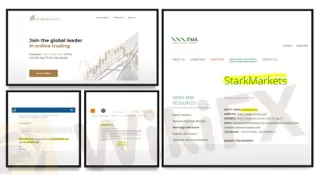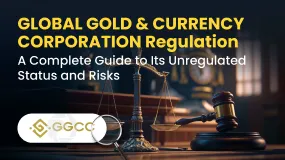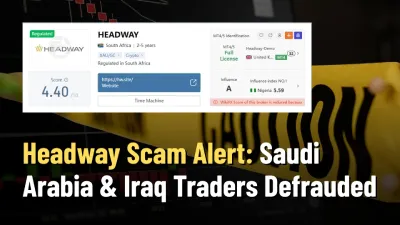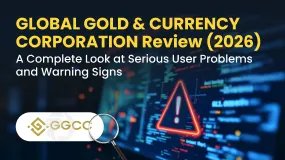Austrian FMA and other regulators warn against StarkMarkets broker scam
Abstract:The Austrian Financial Market Authority FMA has issued an investor alert on the scam broker StarkMarkets (www.starkmarkets.com), which is purportedly run out of Sofia, Bulgaria by Krisimark Ltd and SWISSGEM Ltd.

The Austrian Financial Market Authority FMA has issued an investor warning against the scam broker StarkMarkets (www.starkmarkets.com) which is allegedly operated by Krisimark Ltd and SWISSGEM Ltd in Sofia, Bulgaria. Already in June 2020, the Canadian British Colombia Securities Commission (BSC) issued an investor warning, and in July the New Zealand FMA (here).
In May 20120 the Italian CONSOB has blocked the website of broker scam MarketsCFD (www.marketscfd.net) of SWISSGEMS Ltd and Media Solutions Ltd.
We could not find the two entities Krisimark Ltd and Swissgems Ltd in the Bulgarian company register. Either they do not exist or they are registered somewhere offshore like in Belize or St. Vincent & the Grenadines.
.
.
Read more

GLOBAL GOLD & CURRENCY CORPORATION Legitimacy Check
When traders ask, "Is GLOBAL GOLD & CURRENCY CORPORATION Legit?" They want a clear answer about whether their capital will be safe. After looking into this company carefully, the answer is clear: GLOBAL GOLD & CURRENCY CORPORATION (GGCC) is an extremely risky broker that shows many signs of being unsafe and illegitimate. The company operates without proper regulation, has been officially warned by financial authorities, and has received many serious complaints from users. Read on!

GLOBAL GOLD & CURRENCY CORPORATION Regulation: A Complete Guide to Its Unregulated Status and Risks
When choosing a forex broker, the most important thing to check is whether it has proper regulation. This article answers a key question: Is GLOBAL GOLD & CURRENCY CORPORATION (GGCC) regulated? After looking at detailed data and public records, the answer is clear: GGCC operates without a valid financial services license from any trusted authority. This broker is registered in Saint Lucia and shows warning signs that should make any potential investor very careful. Checking a broker's license isn't just paperwork - it's the most important step to protect your capital from unnecessary risks.

Headway Scam Alert: Saudi Arabia & Iraq Traders Defrauded
Headway defrauded Saudi & Iraq traders: fake excuses, profit thefts, bonus vanishes, and slippage. Read scam exposure & protect your funds now!

GLOBAL GOLD & CURRENCY CORPORATION Review (2026): Serious User Problems and Warnings
Before investing in the GLOBAL GOLD & CURRENCY CORPORATION (GGCC) platform, you need to know about the serious risks. This is not a safe broker for anyone who wants to protect their capital. All the evidence shows this is a very risky company with no proper oversight and many user complaints. This warning is your most important protection. Read on as we share more details.
WikiFX Broker
Latest News
If you haven't noticed yet, the crypto market is in free fall, but why?
Emerging Markets: Nigeria's Debt Market Valuation Hits N99.3 Trillion
SkyLine Guide 2026 Thailand — Official Launch of the Judge Panel Formation!
JRJR Review: The Anatomy of a Hong Kong Liquidity Trap
South Africa Macro: Mining Policy Risks Cloud GNU Economic Optimism
JPY In Focus: Takaichi Wins Snap Election to Become Japan's First Female Leader
Vebson Scam Exposure: Forex Withdrawal Failures & Fake Regulation Warning
Amaraa Capital Scam Alert: Forex Fraud Exposure
Galileo FX Exposure: Allegations of Fund Losses Due to Trading Bot-related Issues
EGM Securities Review: Investigating Multiple Withdrawal-related Complaints
Rate Calc

